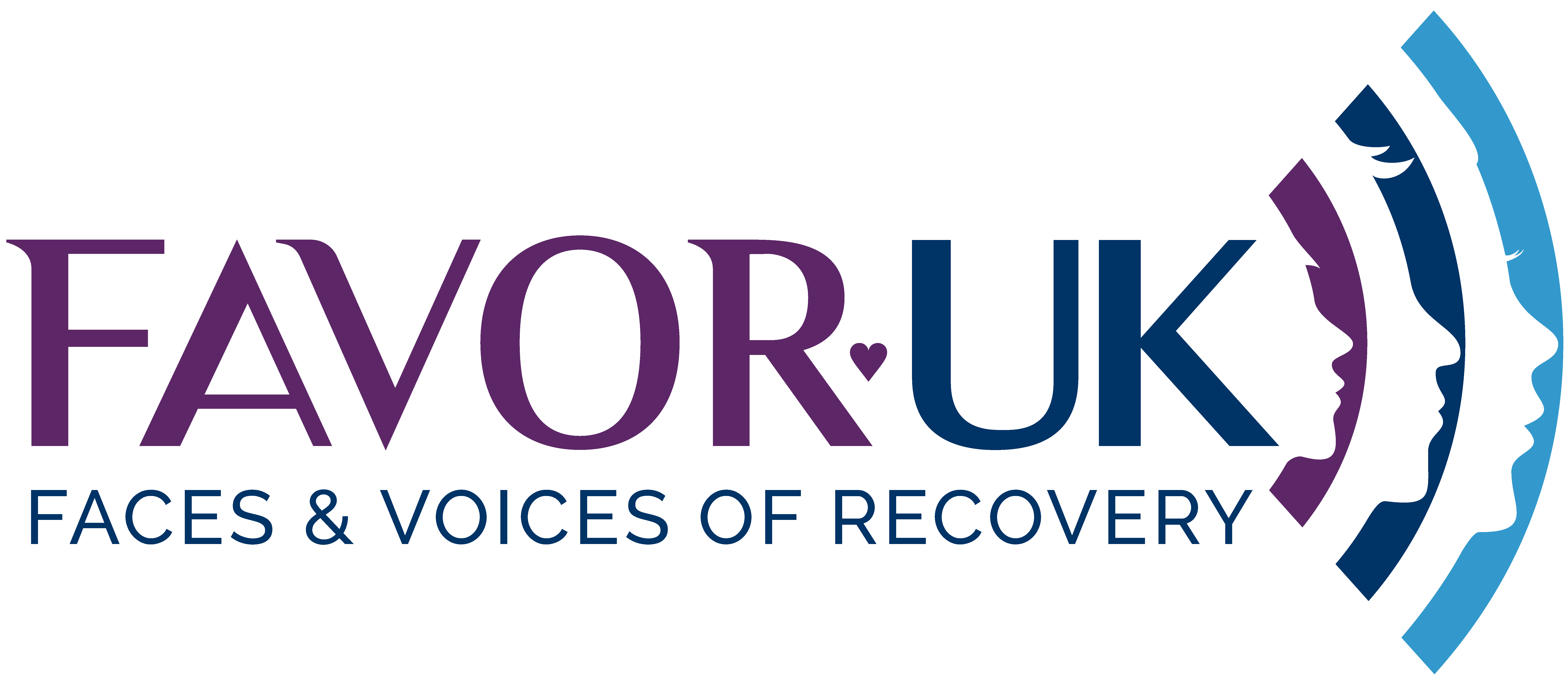The Scottish Drugs Forum (SDF) has raised several reservations about the Right to Recovery Bill. While some concerns reflect genuine caution, many appear to stem from misunderstandings or misinterpretations of the Bill’s intent and function & PROVISIONS. Below is an overview of these concerns along with counter-arguments that clarify the Bill’s true intent and potential impact:
- Information Collection and Reporting
SDF Concern: The Bill’s focus on information collection is welcome but may produce limited data.
Counter-Argument: The Bill ensures data collection is standardized, similar to the successful HL1 system in the homeless sector. This system integrates fragmented data, improving service planning and accountability. SDF’s skepticism ignores the proven benefits of such data integration, reflecting either a lack of understanding or an unwillingness to recognise potential improvements. They seem more focused on the current system’s limitations rather than the possibilities for comprehensive data aggregation.
- No New Rights for Patients
SDF Concern: The Bill does not confer new rights, merely formalising existing practices.
Counter-Argument: Even if the Bill formalises existing practices, it enshrines these rights in legislation, making them enforceable and accessible. Currently, any vague rights that exist are not within reach for individuals. The Bill aims to make these rights actionable, ensuring those in need can benefit. Good service provision should prevent the need for legal enforcement, similar to how homeless services are not threatened with judicial reviews for providing accommodation.
- Decision Power Remains with Health Professionals
SDF Concern: Patients are not empowered to make decisions about their treatment.
Counter-Argument: This is a misinterpretation. The Bill clearly allows patient involvement in treatment decisions while maintaining necessary medical oversight. SDF’s claim that patients are not empowered disregards the Bill’s provisions for patient feedback and second opinions, either suggesting a deliberate misrepresentation or a failure to thoroughly read the Bill.
- Emphasis on Abstinence-Focused Treatments
SDF Concern: The Bill disproportionately emphasises abstinence-focused treatments like residential rehabilitation.
Counter-Argument: This concern is unfounded and misleading. The Bill includes all treatment options, emphasising patient choice. SDF’s insistence on this false narrative ignores the Bill’s comprehensive approach to addiction treatment, undermining its intent to provide a wide range of options for patients.
- Threat to Therapeutic Relationships
SDF Concern: The formal processes mandated by the Bill could undermine therapeutic relationships.
Counter-Argument: Legal rights do not damage therapeutic relationships; they enhance them. In sectors like mental health and homelessness, similar rights have strengthened service user-provider relationships through mutual understanding and respect. The Bill ensures service users are treated with dignity, fostering a trusting relationship, contrary to SDF’s alarmist view.
- Practical Challenges in Treatment Timelines
SDF Concern: The requirement for treatment within three weeks is impractical and undermines same-day access to prescribing.
Counter-Argument: The three-week timeline serves as a safeguard, ensuring timely access to various treatment options. Same-day access for urgent needs will continue. SDF’s argument fails to recognize current treatment delays and the Bill’s intent to address systemic issues. Its worth noting this 3 week time bar is already breached daily for most options in cluding MAT in most parts of Scotland. The timeline creates a legal boundary to ensure services are provided promptly.
- Quality of Treatment
SDF Concern: The Bill does not address the quality of treatment or the stigma associated with long-term MAT.
Counter-Argument: Quality of treatment is a policy and regulatory issue, monitored by bodies like the Care Inspectorate or Healthcare Improvement Scotland. The Bill sets a legal framework within which these bodies can ensure high standards. Addressing stigma is a broader societal issue, but the Bill helps by normalising access to support, indirectly combating stigma. SDF’s inability to distinguish between legislative and policy roles reveals a fundamental misunderstanding.
- NHS Budgeting Issues
SDF Concern: The Bill could complicate NHS budgeting by prohibiting treatment refusal based on cost.
Counter-Argument: The Bill ensures equitable access to treatment, prioritising life and health over cost considerations. Similar approaches have demonstrated long-term cost benefits. For instance, hospital beds are often more expensive than residential rehab. SDF’s willingness to put cost before lives is disturbing and lacks moral and economic justification.
- Expansion of Treatment Capacity
SDF Concern: The Bill does not directly expand treatment capacity.
Counter-Argument: The Bill mandates investment in infrastructure and frontline services to meet its duties, inherently expanding treatment capacity. SDF’s claim contradicts the Bill’s clear provisions for resource allocation and service enhancement, showing a lack of foresight.
Conclusion
SDF’s concerns are riddled with inaccuracies and a resistance to necessary legislative progress. Their objections do not withstand scrutiny and appear rooted in either a lack of comprehension or a reluctance to embrace change. It’s imperative for SDF to engage in informed discussions and contribute constructively to the legislative process, rather than obstructing it with baseless criticisms. They should listen, engage in meaningful discussion, and consult legal experts before making further comments. The upcoming debates should focus on constructive dialogue, not dismissing potential legislation due to personal biases or misunderstandings.

